Report Abuse
- Home
- Get Support
Report Online and Offline Harm
Report It, Don't Ignore It
If you believe a child, including yourself, might be in danger of sexual exploitation or abuse, telling someone can help keep you or them safe. If a child is in immediate danger, contact your local police right now.
Police Hotline
- Cambodian National Police
- 1288 (Toll Free)
APLE Hotline
- Cambodia
- 092 311 511
Report Abuse
What to Report to APLE
You can report concerns about child sexual abuse and exploitation to APLE whether they occur online or offline. We will assess your report, prioritize the child’s safety, and coordinate with law enforcement and support services.

Online Child Sexual Exploitation and Abuse
This includes grooming, sexual extortion (sextortion), live-streamed abuse, sharing or requesting sexual images of minors, CSAM online, abusive contact via apps, games, social media or messaging.

In-person or Offline Child Sexual Abuse and Exploitation
This includes suspected sexual abuse, trafficking for sexual purposes, sexual exploitation in travel and tourism, exploitation linked to orphanages or voluntourism.

Suspicious Behavior of Adults Seeking Access to Children
This involves adults seeking private access to children, offering money/gifts for secret meetings, attempts to isolate or control a child (online or offline) for sexual purposes.
Report Abuse
How to Report
Only share what you can safely. Provide information that includes what happened and where (platform/app, school, community, business, orphanage, etc.); dates/times, usernames, profile links, URLs, email/phone handles used by the offender; and screenshots of chats or profiles.

092 311 511
A staff member can help with safety information, advice, referrals, and reporting options. If a child is in immediate danger, call the police nearest to you first, then contact APLE.

Online Reporting
Use our report-abuse page or just click the Report Abuse button on the top right to report online child sexual abuse material or grooming. You can submit an anonymous, secure report with links.

Counselor
Ask for a call-back or book an in-person appointment. We can arrange counseling, legal advice, and case management. Share only non-illegal details (e.g., URLs, profiles, dates).
Achievements in 2025
Total images Removed
Cases Forwarded to Law Enforcement
Victims Identified
Looking for Help
More Help from Our Partners
Our partners provide a range of services and child protection resources. Explore these links to find the help you need.
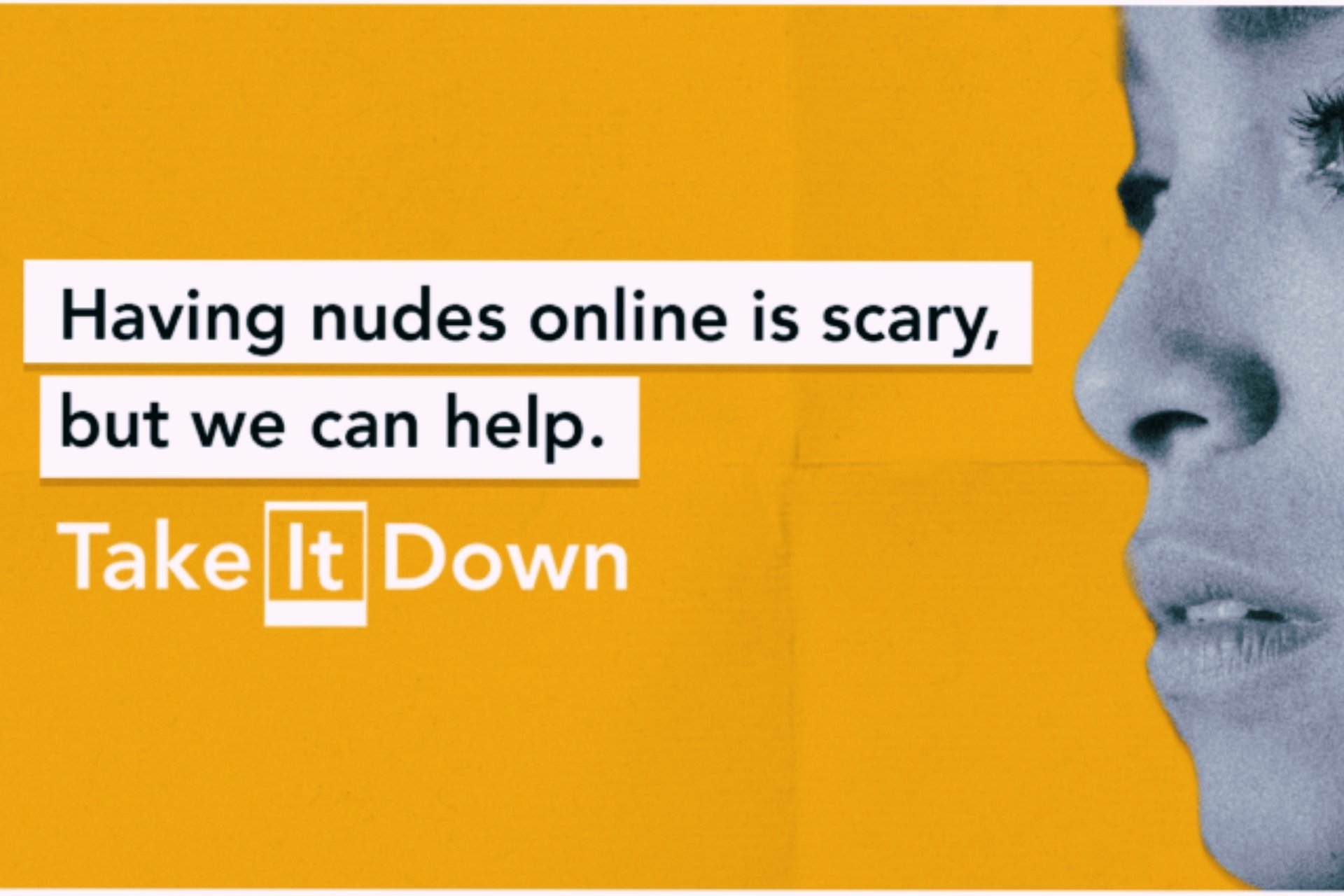
Need Help to Stop the Sharing of Nude Photos/Videos?
Take It Down is a service provided by NCMEC, designed to assist you in removing or stopping the online distribution of nude, partially nude, or sexually explicit images or videos of you that were captured when you were under 18 years. You can use this tool without revealing your identity, and there is no requirement to send your images.

Need Help to Remove Non-Consensual Intimate Images?
Use StopNCII.org, a free tool that supports victims of Non-Consensual Intimate Image (NCII) abuse. It creates a unique hash (a “digital fingerprint”) of your image or video and shares that hash with participating companies so they can detect matching copies and help prevent the content from being shared or re-shared online.

Need to Understand More About Online Platform Safety?
APLE is a trusted partner for Facebook and TikTok and can help you use their safety features effectively. On Facebook, visit the Help Center and Safety Center to learn how to report harmful content. On TikTok, use the Safety Center and Family Pairing, report via Share; turn on Comment Filters and Restricted Mode; and enable 2-step verification.


Learn More
Important Terminologies
Using correct terminology helps in advocating for the seriousness of the crime and encourages appropriate legal action and social response.
refers to images, videos, writings, and/or recordings of child sexual abuse or exploitation
The term child sexual abuse material is increasingly being used to replace the term child pornography. This switch of terminology is based on the argument that sexualized material that depicts or otherwise represents children is indeed a representation, and a form, of child sexual abuse, and should not be described as pornography. As the hotline and child protection professional, we prefer to use the terminology 'CSAM', to 'Child Pornography', The term we use does matter. To learn more about terminology guidelines, click here.
refers to the act of soliciting a child, either in person or through the use of the internet for sexual purposes such as to receive sexual images online or to meet in person to sexually exploit him/her
refers to the act of using self-produced sexual messages/pictures of a child in order to threaten him/her for sexual favor, money or other benefits
refers to the act of using a child in sexual activities that are recorded and transmitted live over the Internet
refers to the act of sexually exploiting a child that is involved in a context of travel, tourism, or both, and can be
committed by either foreign or domestic tourists and travelers
refers to the act of forcing a child to have sex against her or his will, often involving the use of physical force or violence
refers to the act of involving a child in sexual activity against his/her consent such as touching the child's genital or molesting the child for sexual gratification

Ask Questions
Frequently Asked Questions
Child sexual abuse is the most serious violation of the right of the child and leaves a devastating impact on a young child. The presence of child sexual abuse images and videos online means the child continues to be abused every time his/her images are seen.
By reporting abuse, you are helping us with the possible rescue of a child victim, the removal of images and the possible prosecution of an offender.
Your report will be assessed by our hotline analysts and may be sent to the police for investigation.
If you report possible images or videos of CSAM, we may coordinate notice and takedown actions with the law enforcement authority and/or other appropriate agencies to have the illegal content removed from the internet and enable a possible investigation by police.
An image, video or any other visible or electronic material depicting a child's nudity which excites or stimulates sexual desire is defined as child pornography.
Under the Cambodia's Law on Suppression of Human Trafficking and Sexual Exploitation (2008), distribution, production and possession for distribution of child pornography is a criminal offence and may face up to 20 years of imprisonment and a fine of up to 10 million Riel.
Yes, you can make a complaint about our hotline service, including the behaviour of our staff. We take your complaint seriously, so please feel free to give us as much information as possible so that we can resolve any issue in the best possible way.
If you have concerns regarding the services provided by APLE staff members, it is imperative that these are addressed promptly and efficiently. We encourage individuals to report such matters in good faith and in accordance with our established policies. Below are the formal steps to report your concerns:
Identification of Concern:
Clearly identify and document the issue encountered with the APLE services or staff. Accurate details and any supporting information or evidence will aid in the investigative process.
Documentation:
Write a detailed account of the issue, including the nature of the concern, parties involved, any attempts at resolution thus far, and your desired outcome.
Submission of your complaint:
Refer to our Speak Up Policy for the specific channels provided for formal complaints, or complete this online form to submit your complaint.
Acknowledgment:
Receipt of your complaint will be confirmed within an agreed timeframe, as outlined in the policy.
Investigation:
The complaint will be subject to a thorough and impartial investigation. Confidentiality will be maintained throughout the process, and all efforts will be made to resolve the issue expediently.
Resolution and Feedback:
Upon conclusion of the investigation, you will be informed of the findings and the corrective actions to be taken.
Importance of Reporting:
Your willingness to report concerns is invaluable to our continuous improvement efforts. It allows us to address and rectify issues in adherence to our organizational values and policies.
If a complaint is submitted by email, and it does not have verifiable contact details, we will acknowledge the complaint to the e-mail address from which it appears to have been sent, requesting the contact detail. If such details are not provided, the complaint will not be accepted.
If the complaint is valid, we will acknowledge the complaint and the matter will be carefully investigated. Any complaint about the hotline service delivery will be handled by the hotline manager who will then report to the executive director. Any complaint about the staff behavior will be reported to the executive director or the child protection focal point if the behavior involves child safety. You can read our child protection policy here.
Any complaint about the executive director will be investigated by the Board of Directors.
If the complaint is upheld, remedial action is taken and the complainant is informed.
If the complaint is not upheld, the complainant is informed of the outcome.
Where the complaint is not upheld, we will delete any personal data stored from our system, following 90 days. If a subsequent complaint was received by the same complainant, this retention period would start again from the date of receipt of the new complaint.
Collaboration
Our Proud Partners
Collaboration helps us extend our reach and impact in child protection. If your organization is committed to this cause, contact us to explore partnership opportunities.

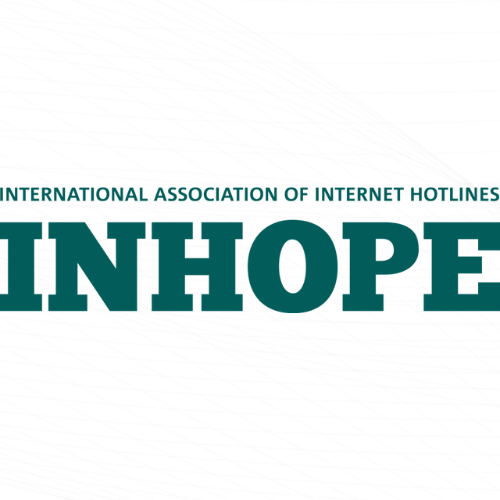
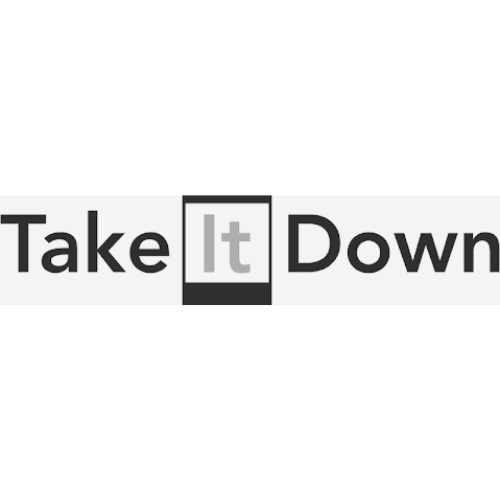

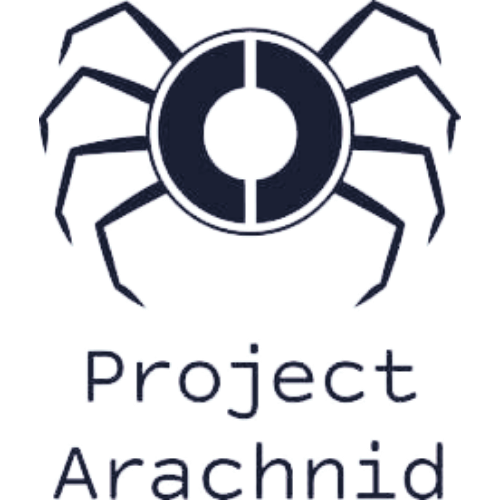
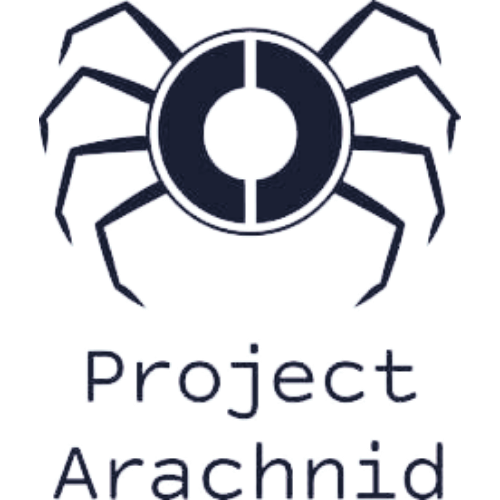
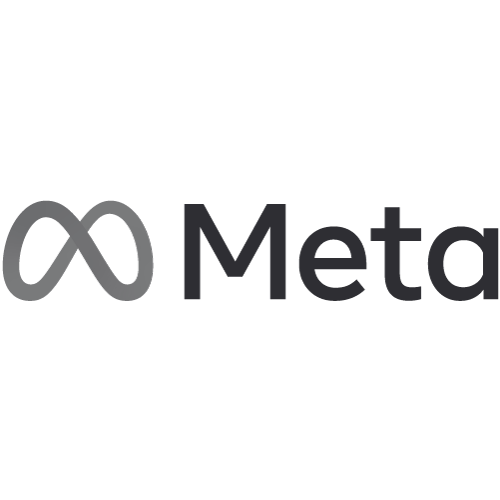



Our site uses cookies to enhance your experience and analyze traffic. By clicking "Accept All," you agree to our use of cookies. You can choose to deny or manage your cookie preferences.

